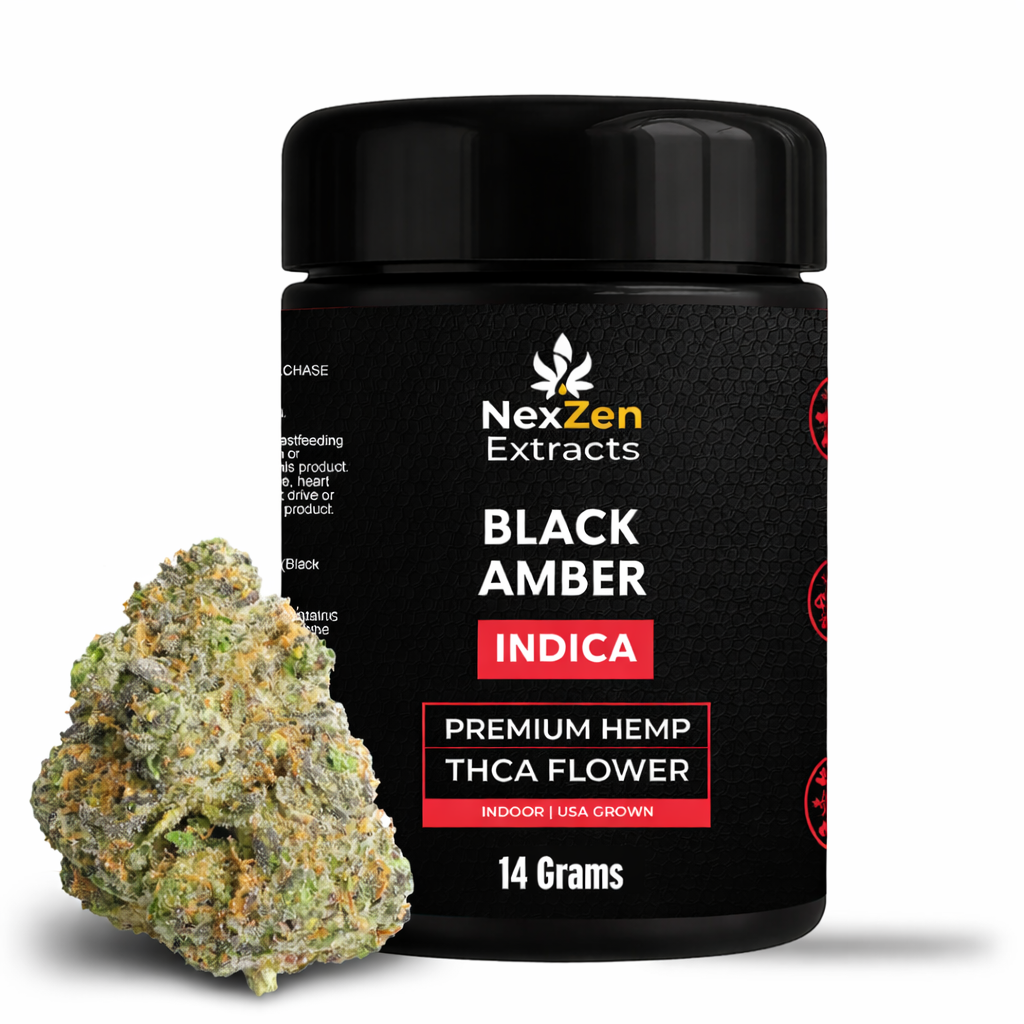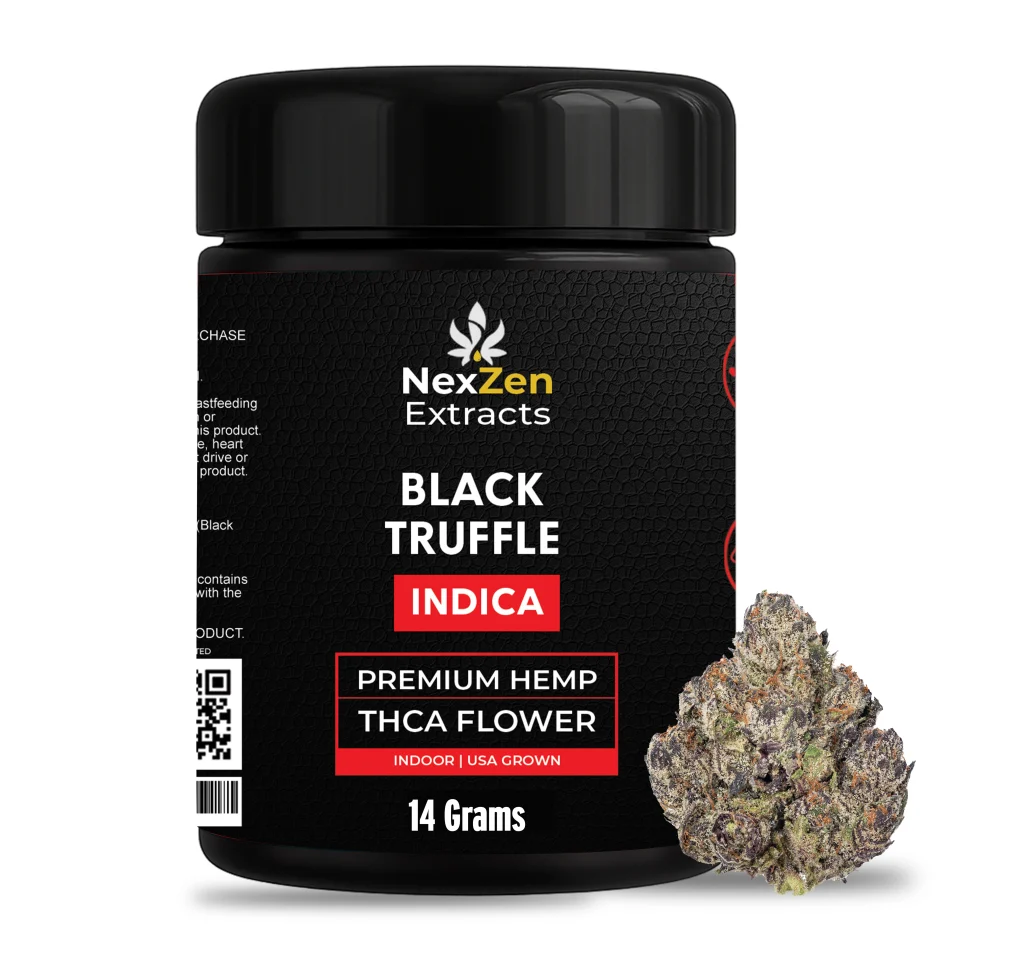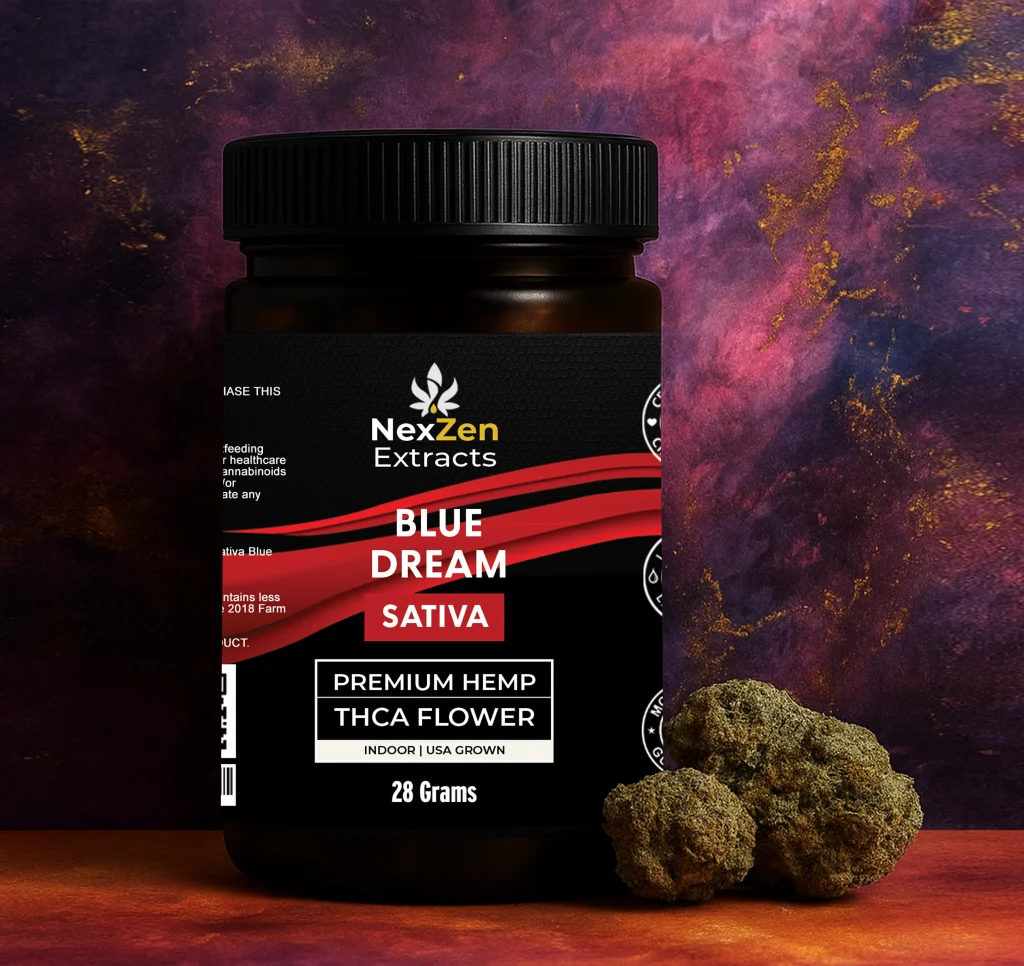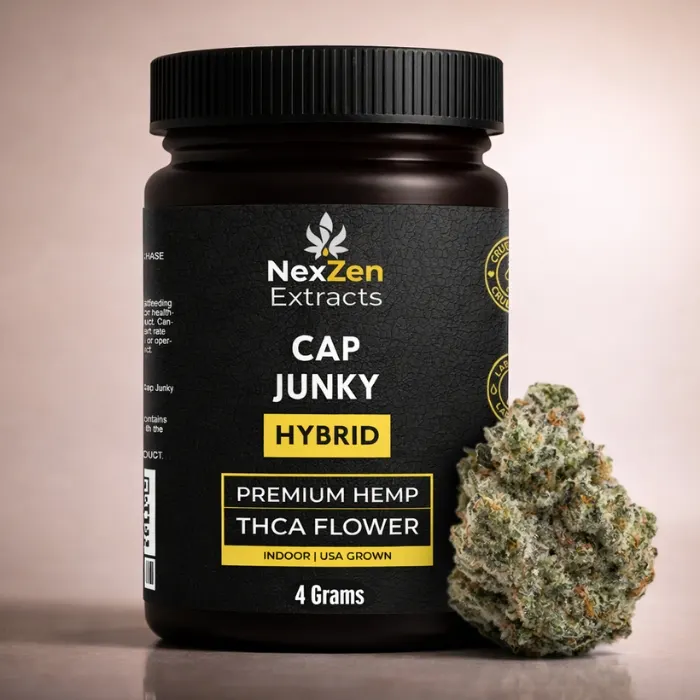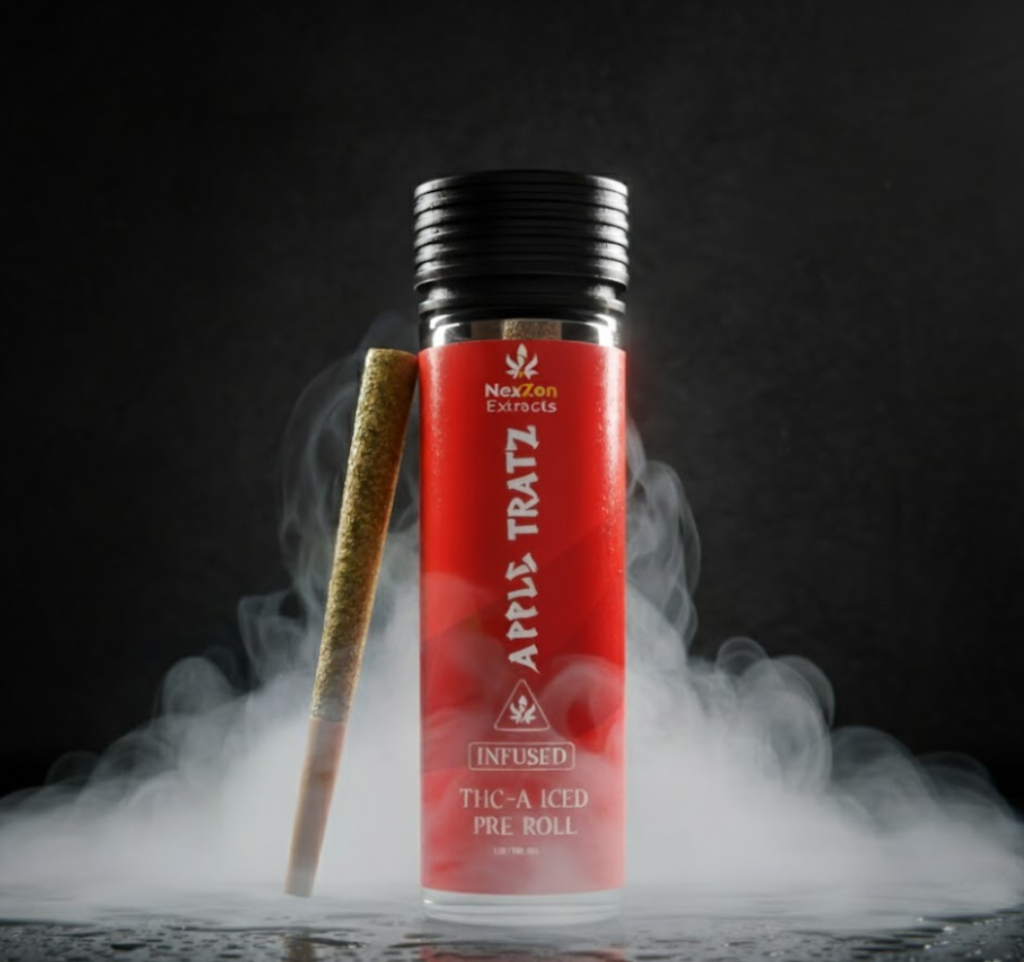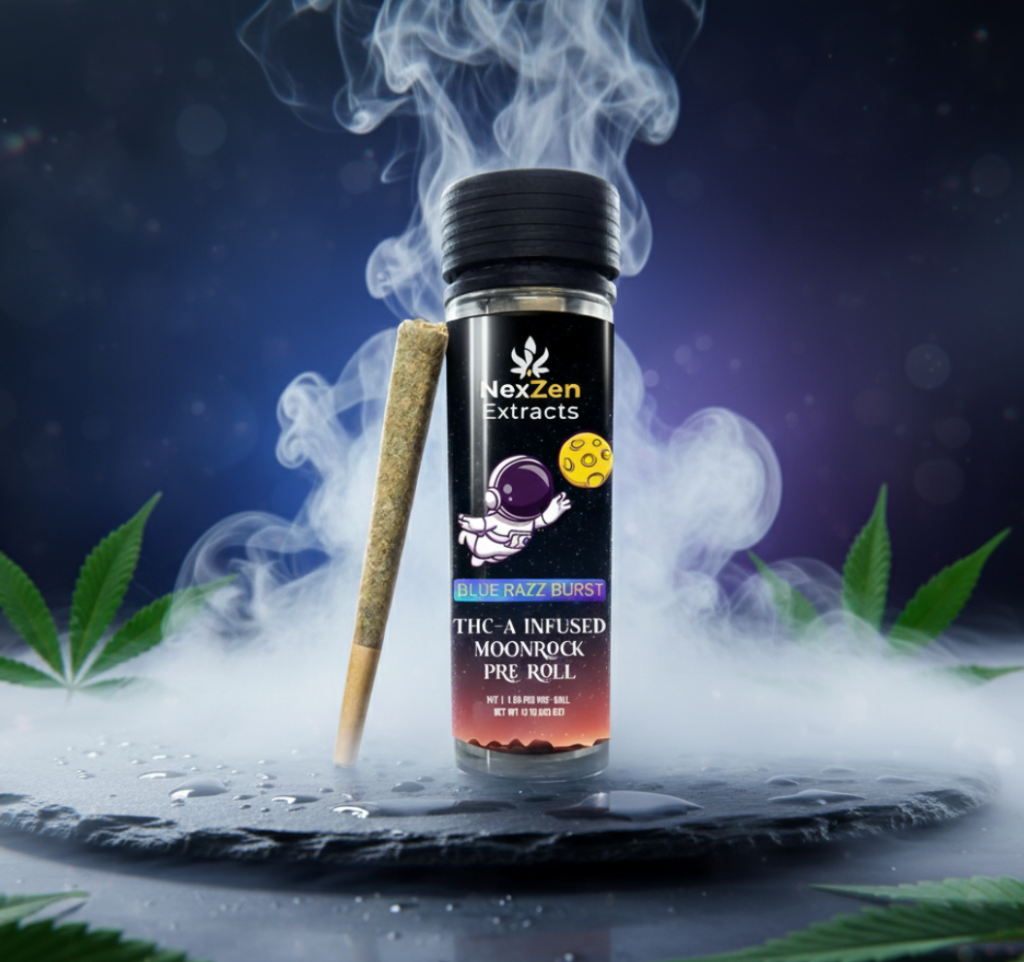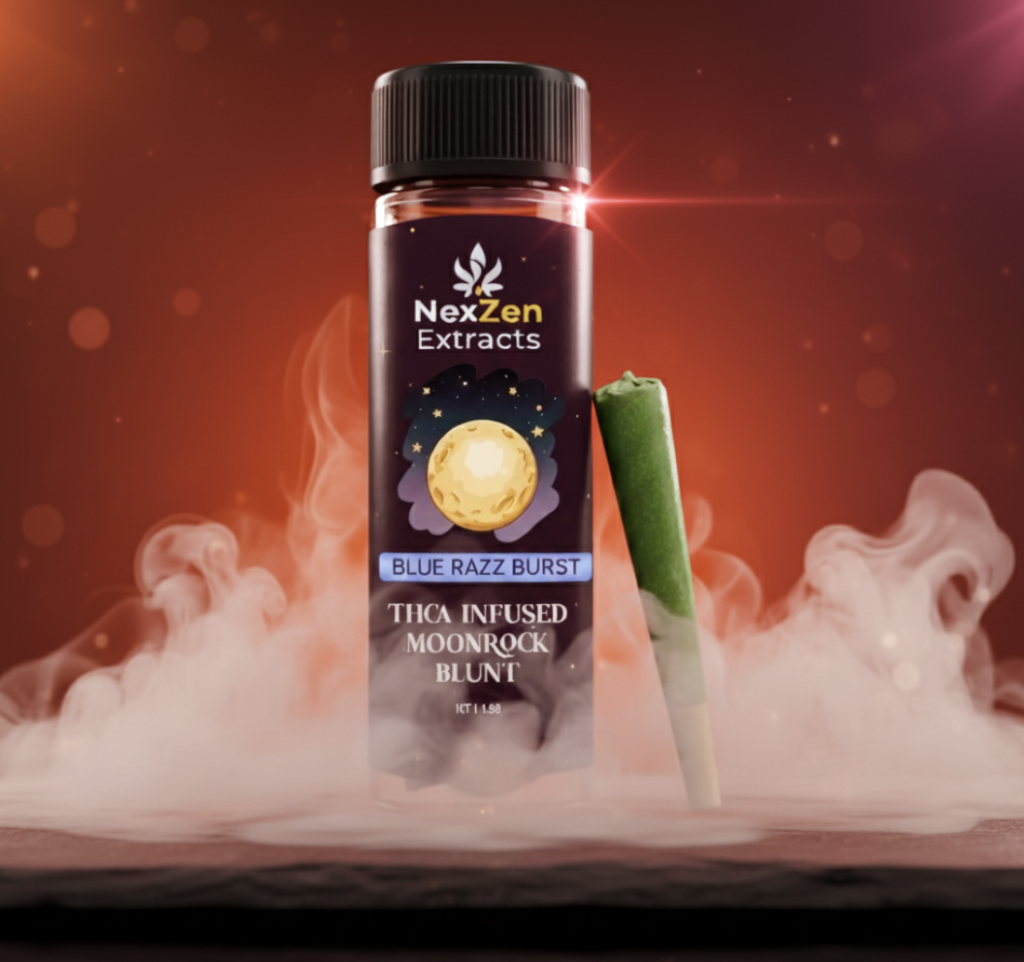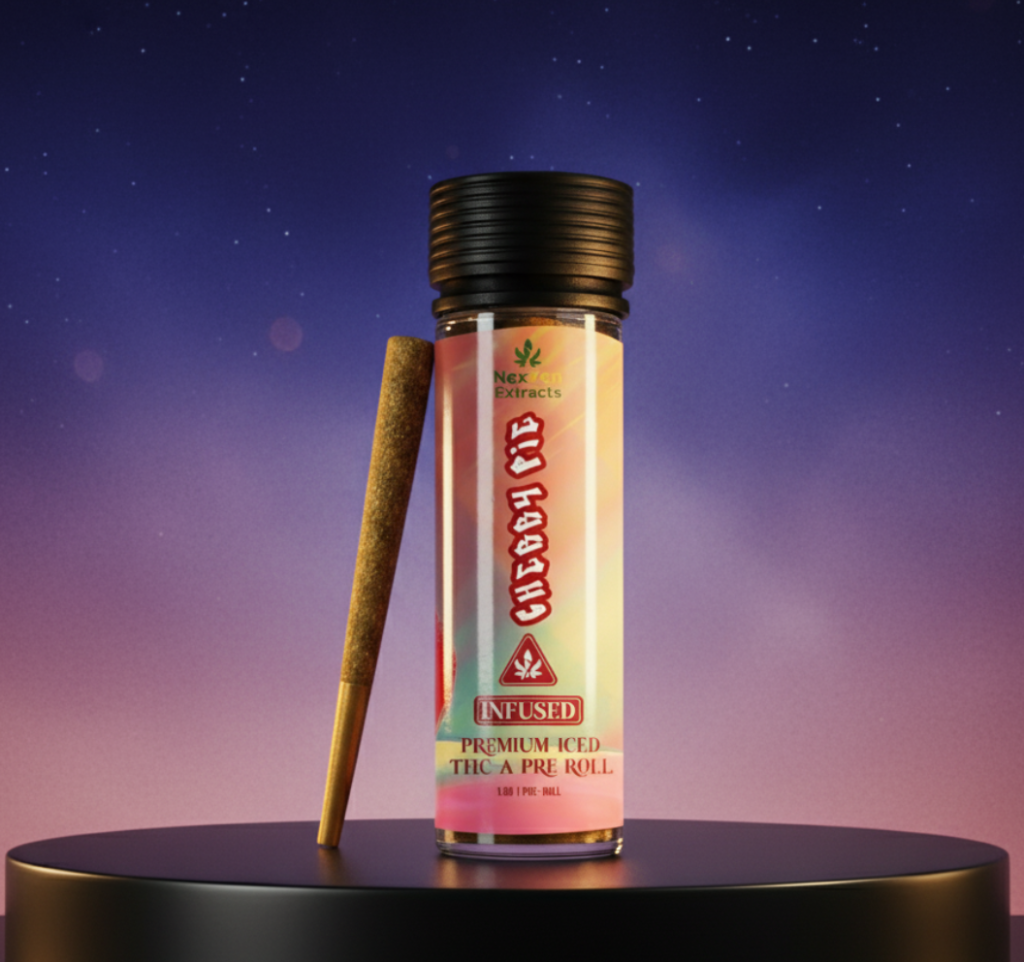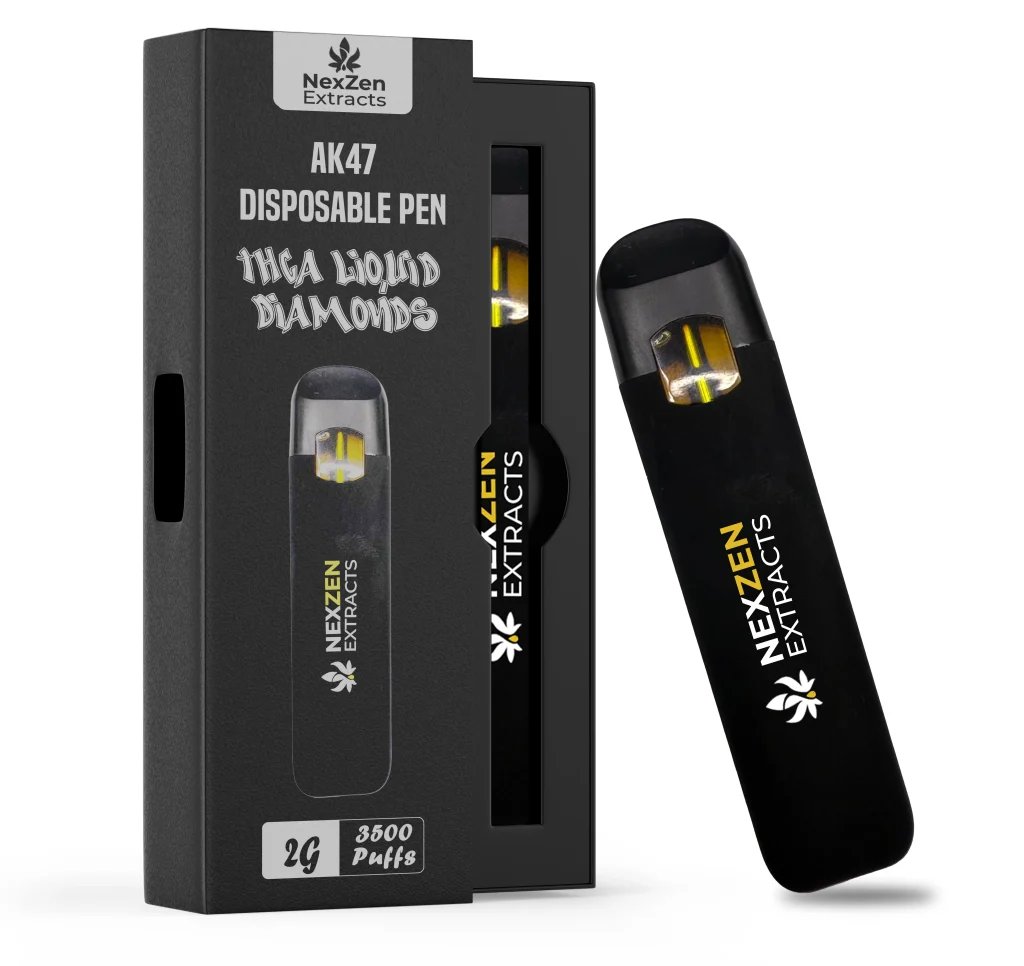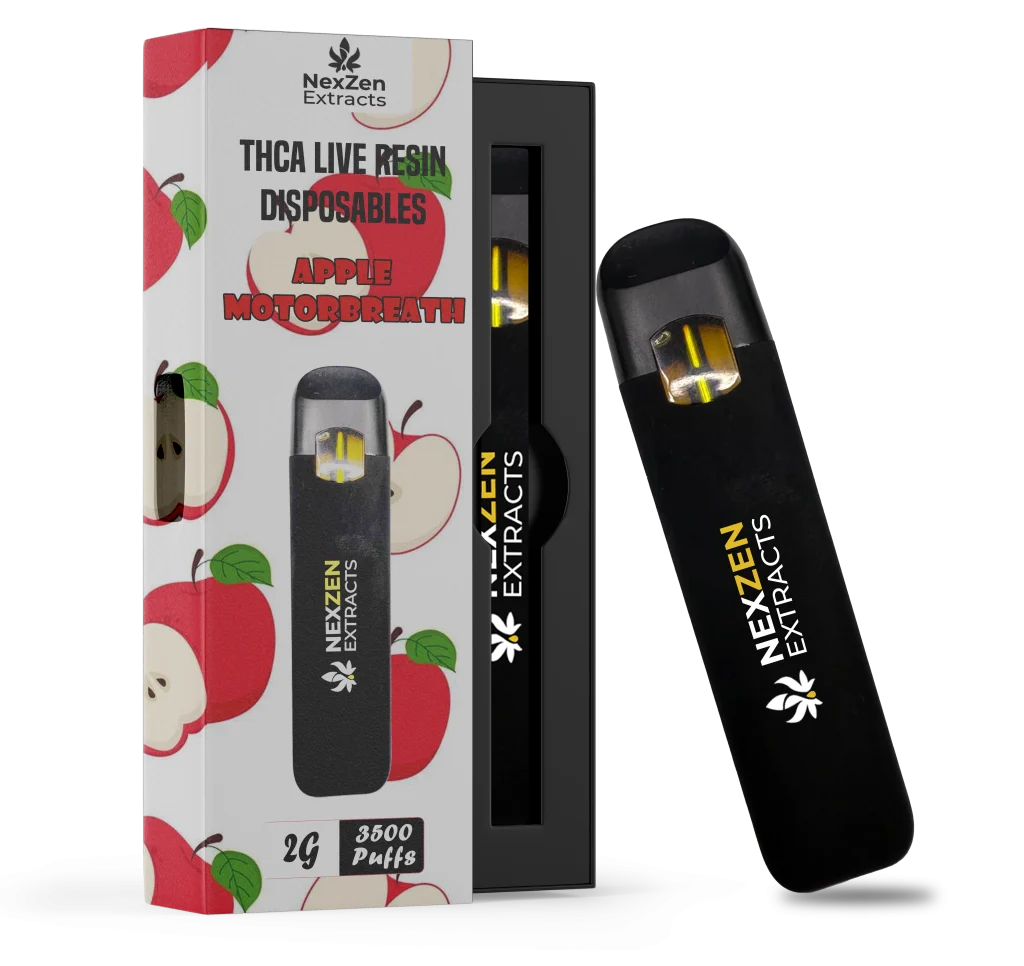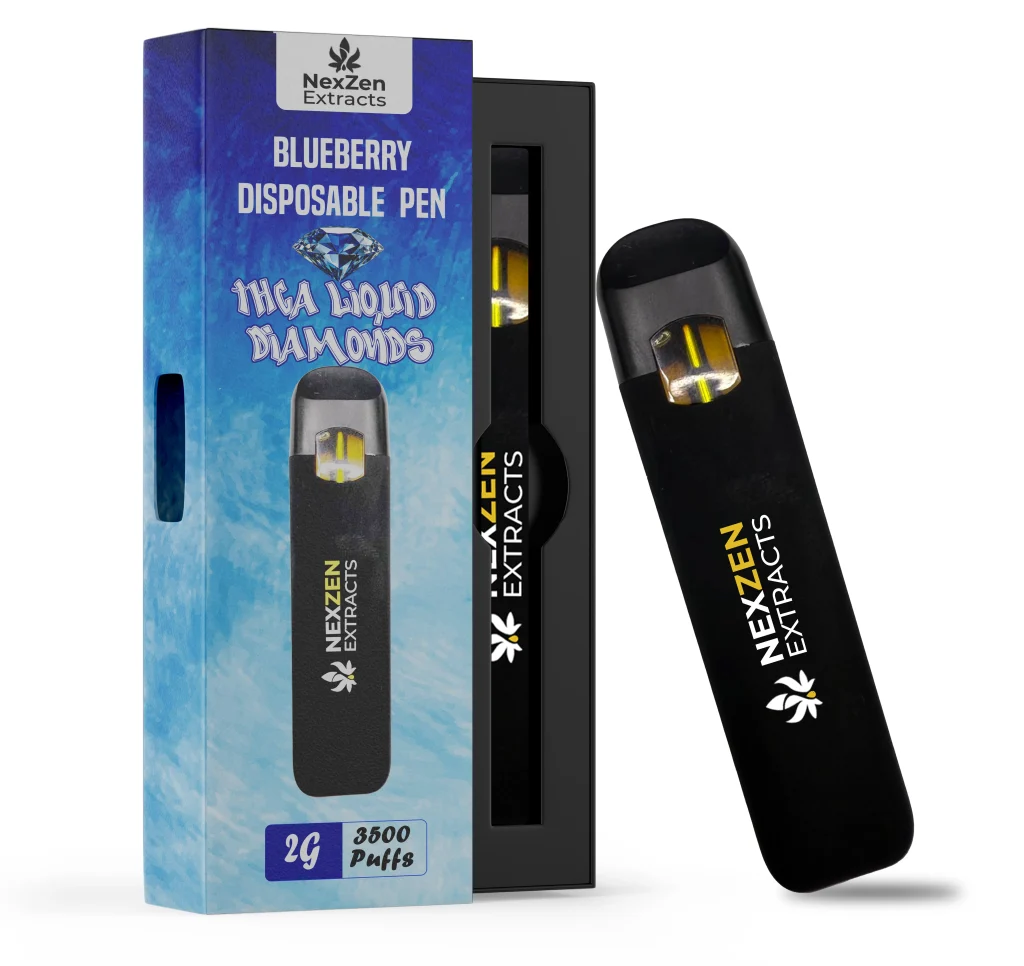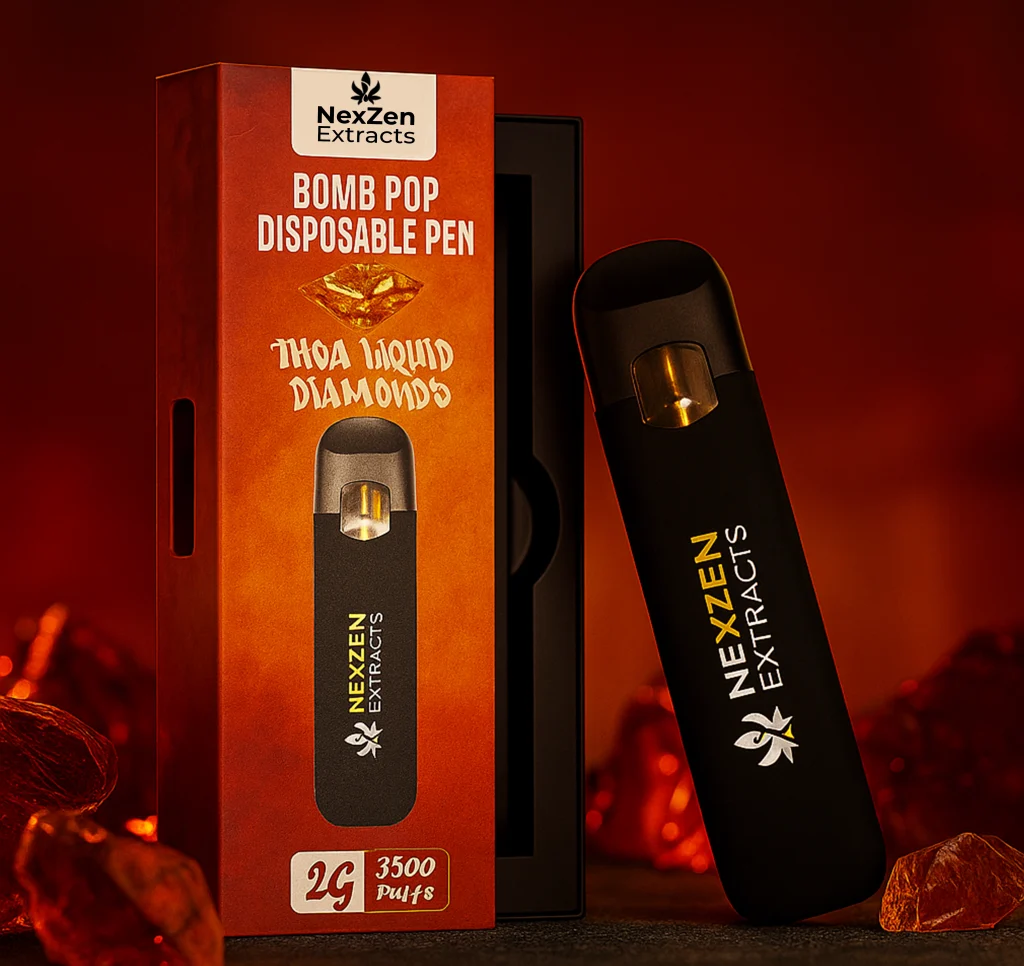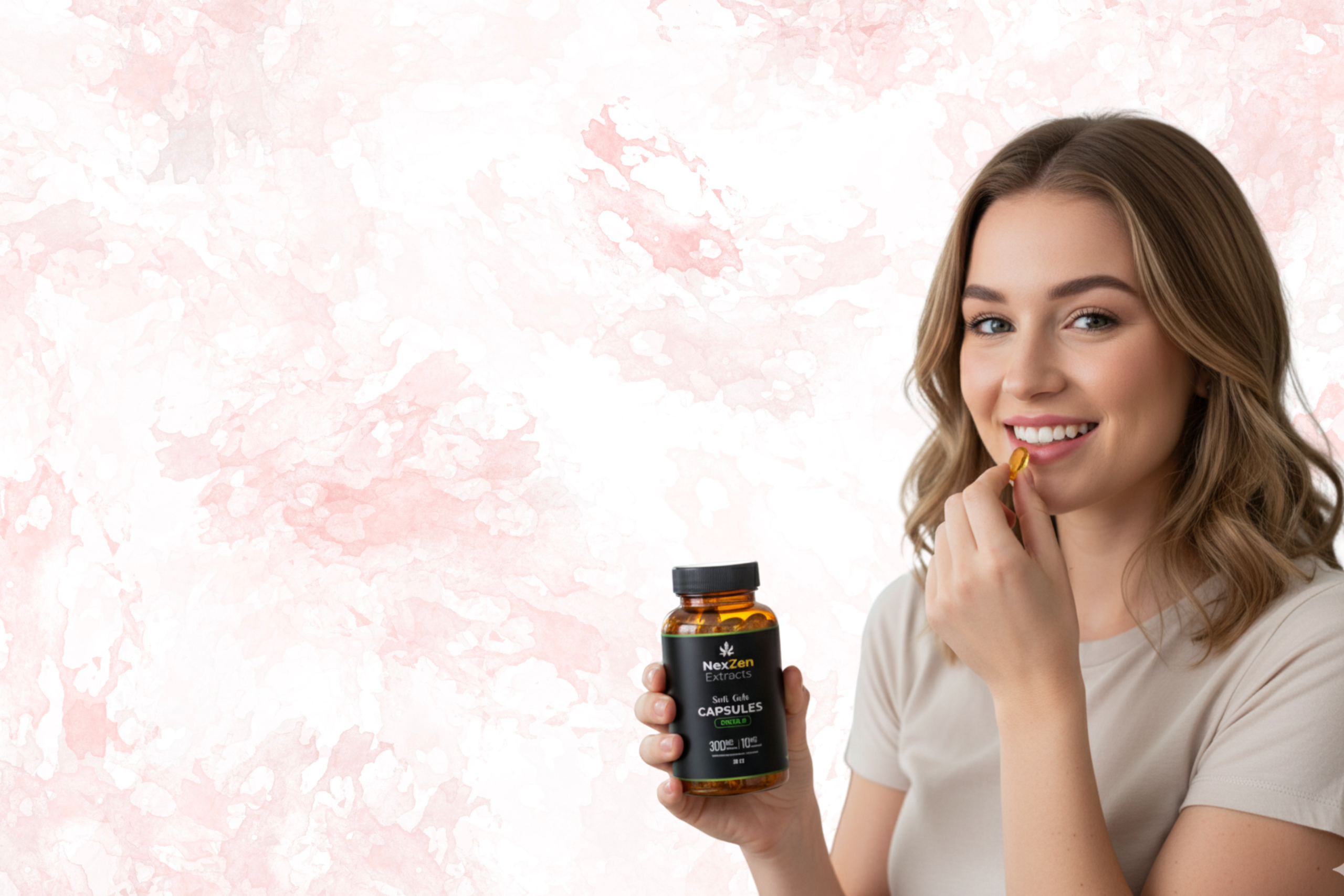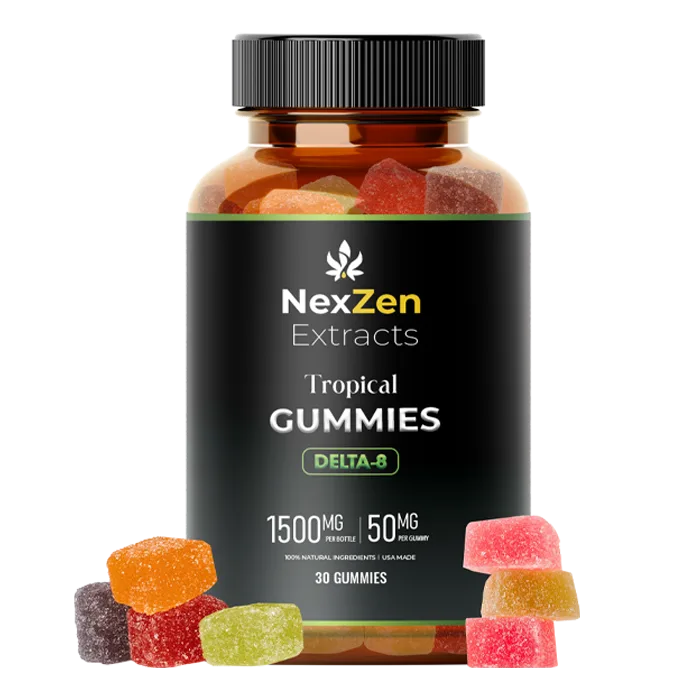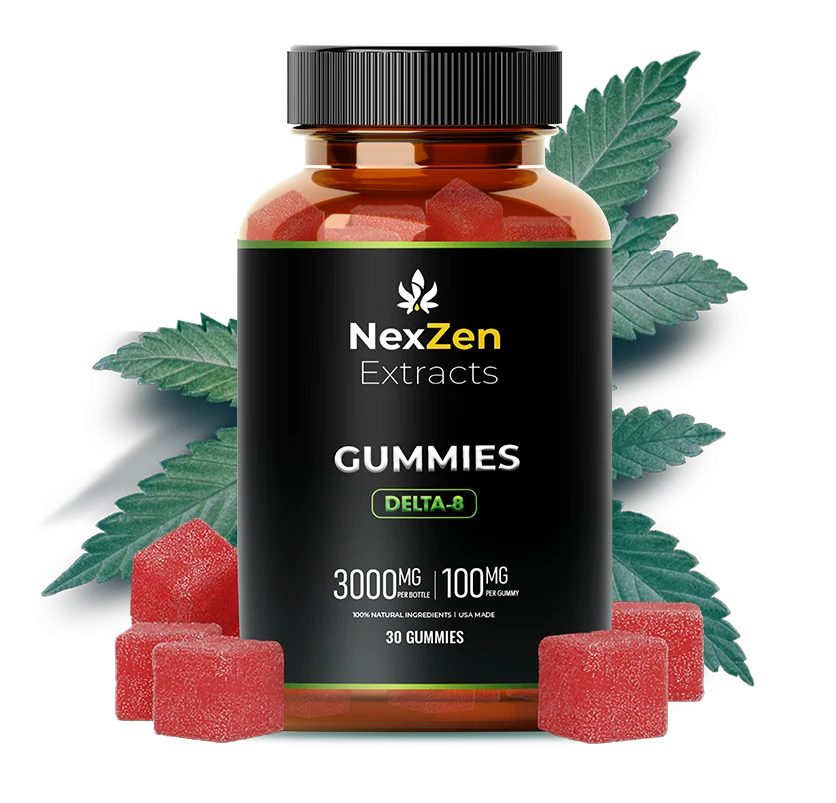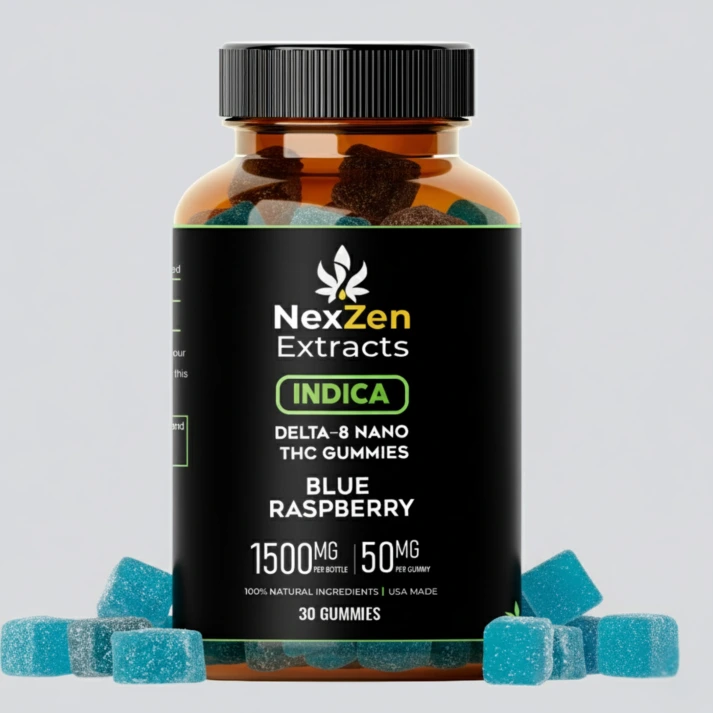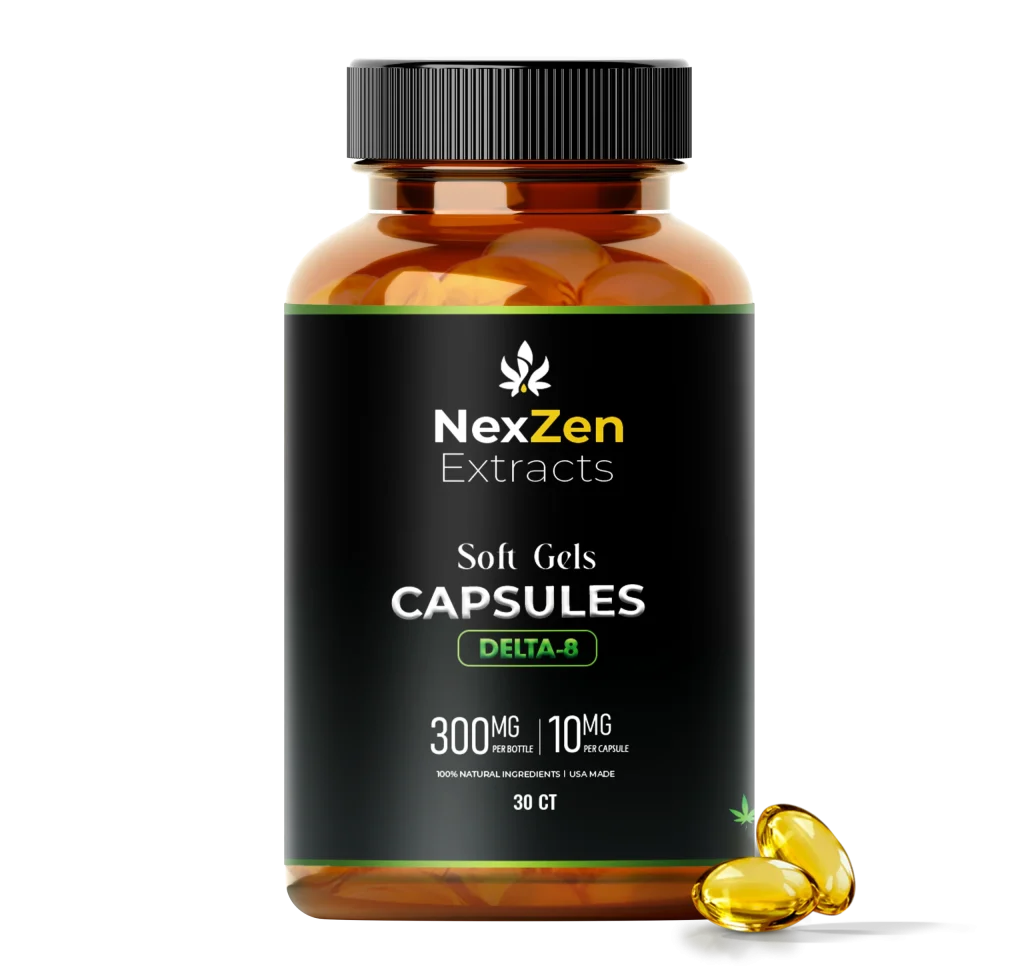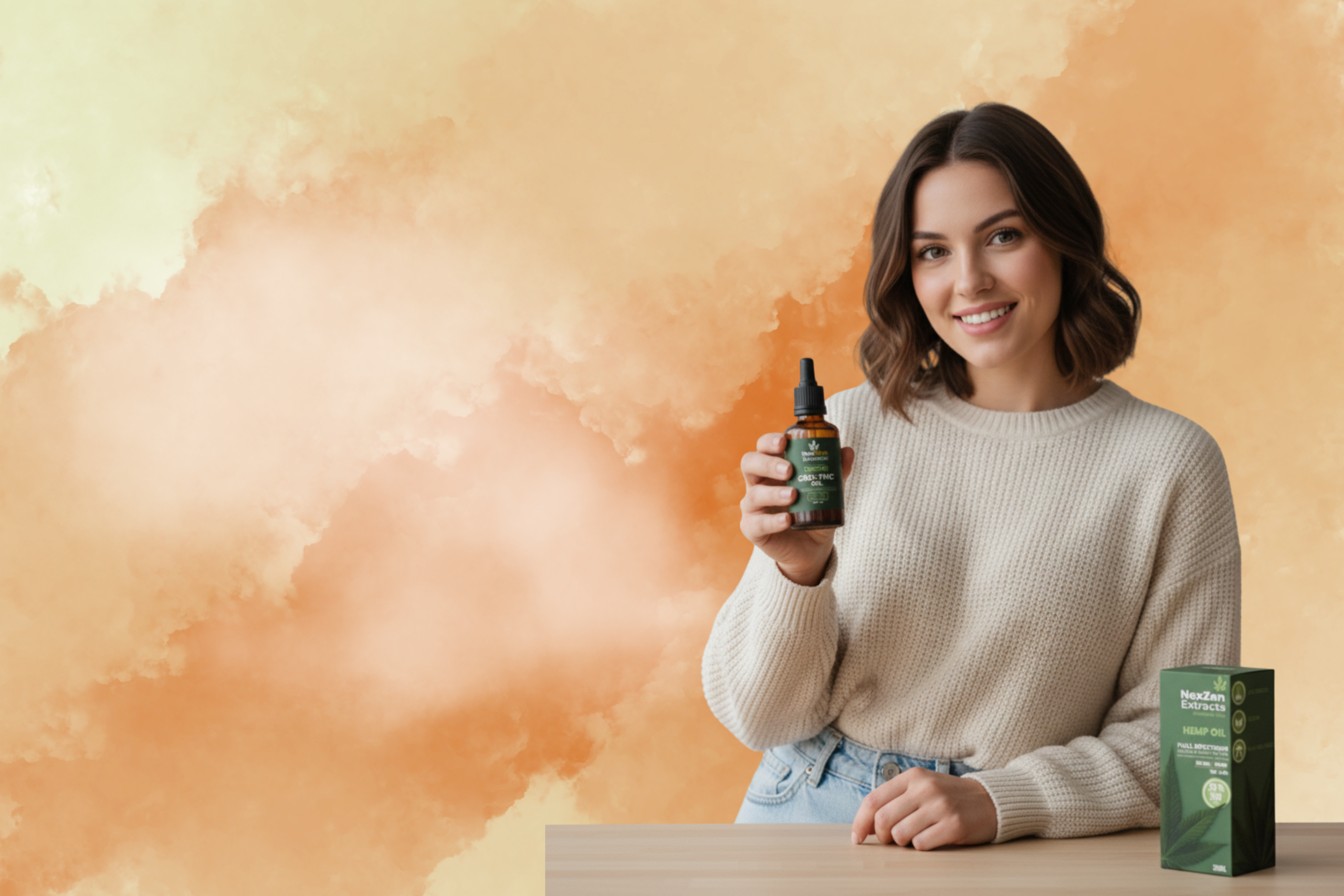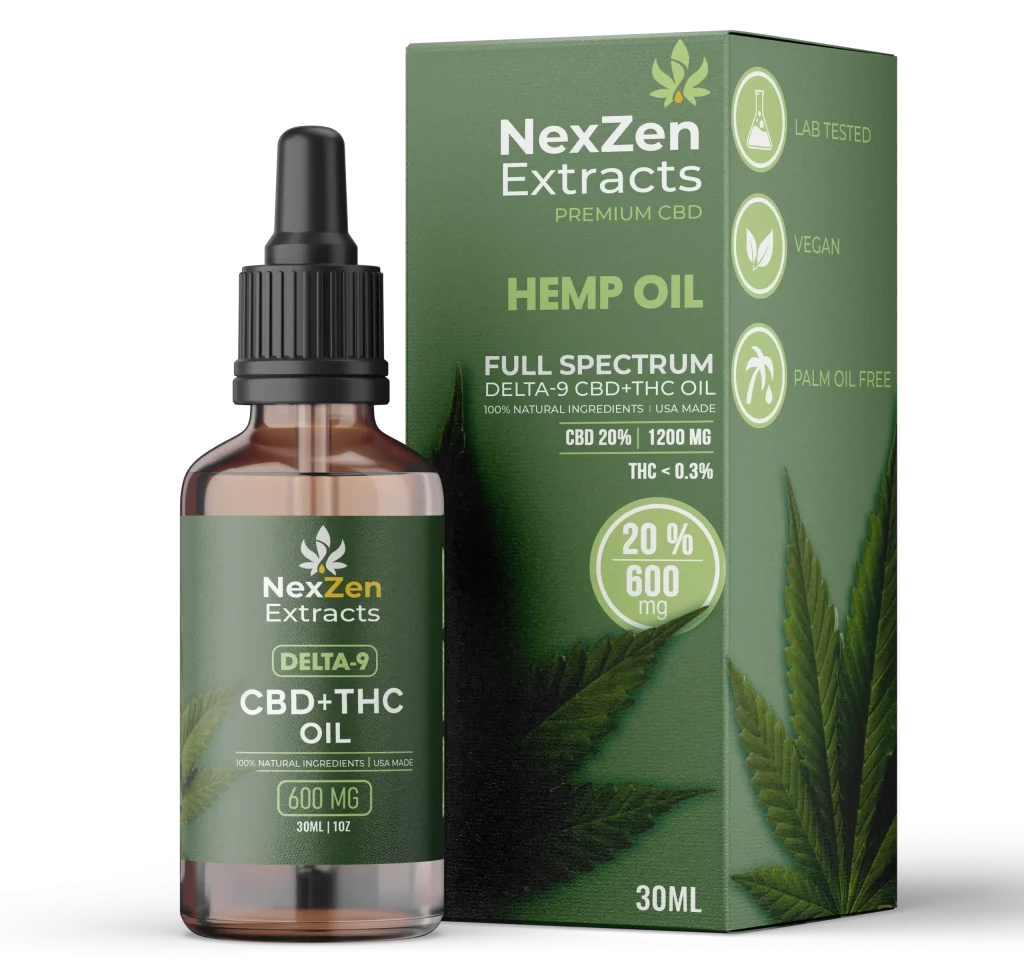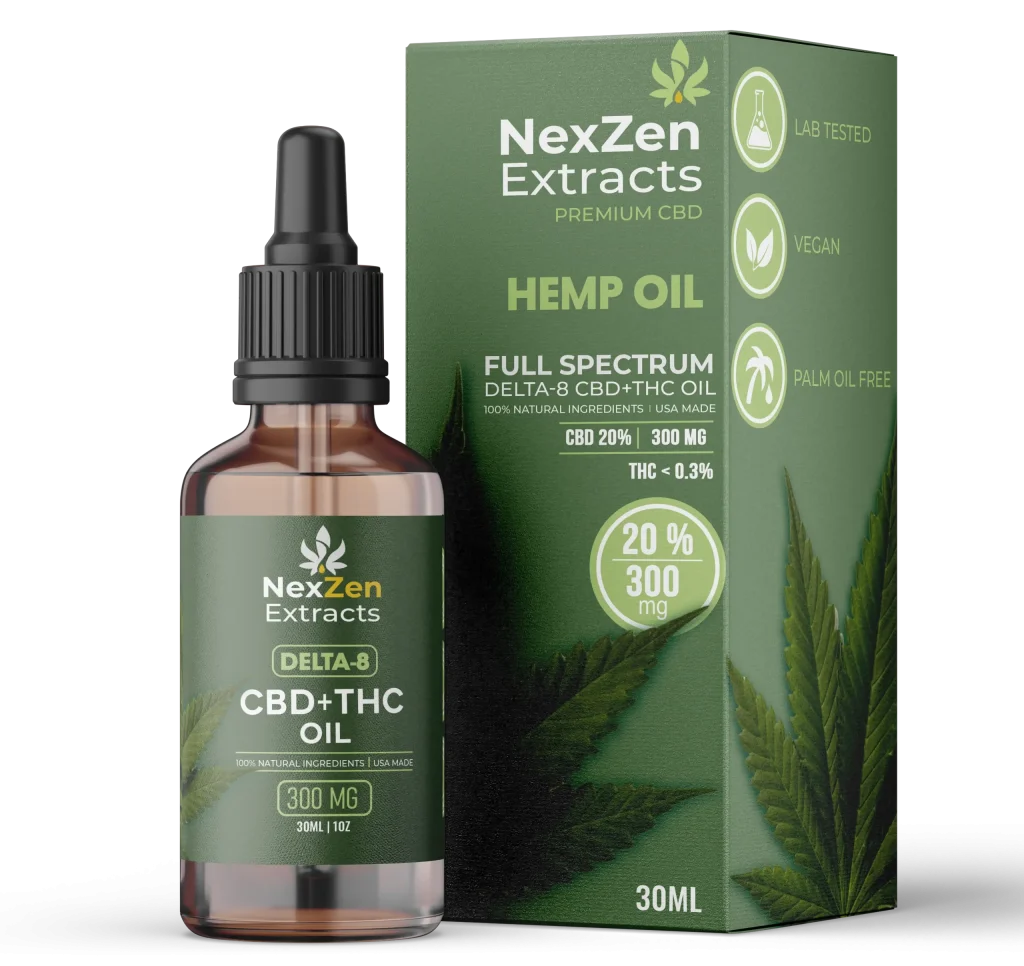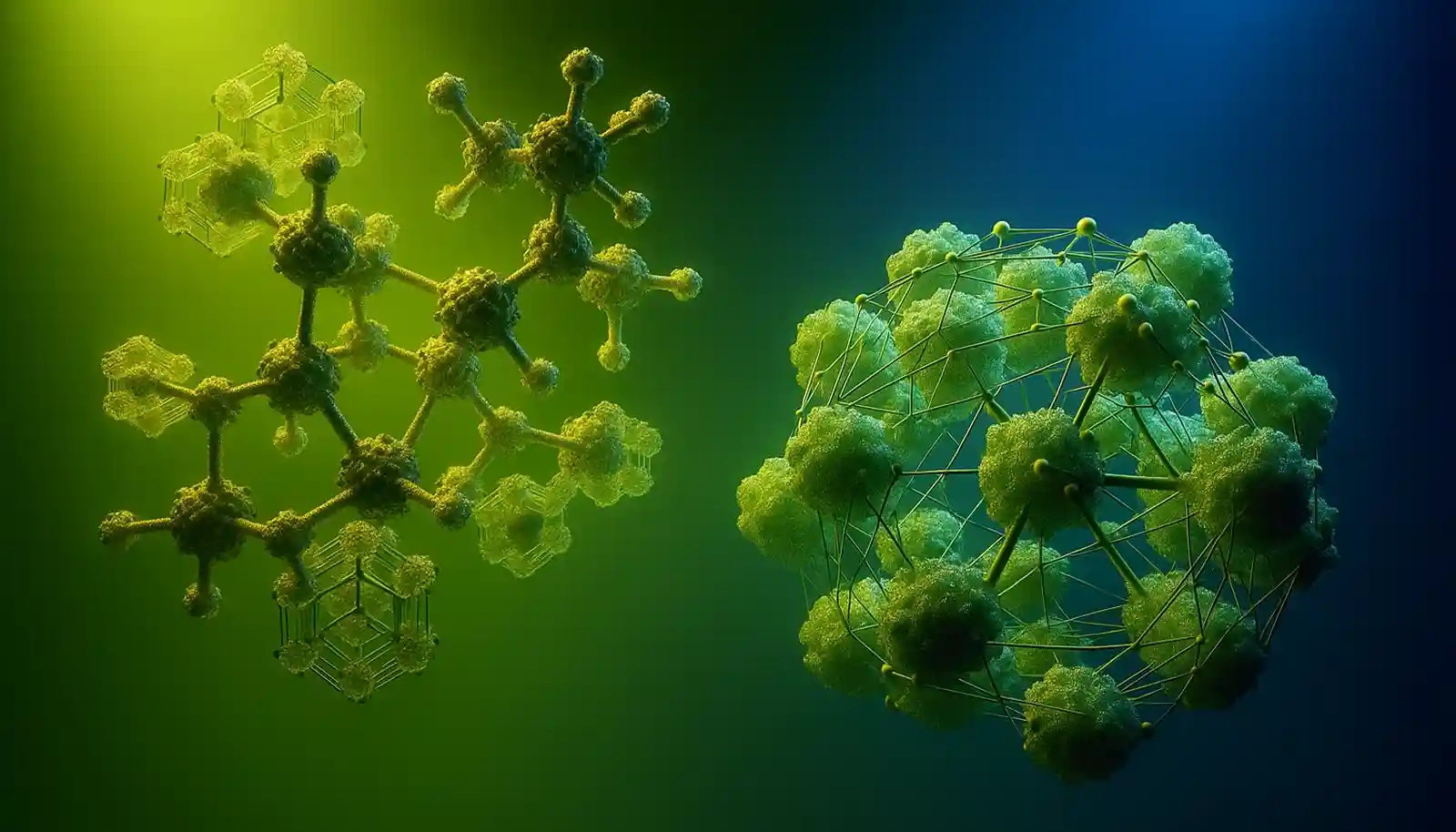Introduction: The Rise of THCP in the Cannabis World
As the cannabis industry expands, so does our understanding of cannabinoids. Everyone knows THC (Tetrahydrocannabinol) — the compound responsible for marijuana’s high — but fewer are familiar with its ultra-potent cousin: THCP (Tetrahydrocannabiphorol).
So what is THCP, and how does it compare to THC?
Is it stronger? Is it safe? And should you try it?
In this guide, we’ll break down the THCP vs THC debate, comparing potency, effects, legality, usage, and more — all backed by current scientific research and expert insights.
What Is THC?
THC (Δ9-tetrahydrocannabinol) is the most well-known psychoactive compound found in cannabis. It’s responsible for the intoxicating effects — the “high” — most people associate with marijuana use.
Key Features of THC:
- Discovered in 1964
- Naturally abundant in marijuana
- Binds to CB1 receptors in the brain
- Produces euphoria, altered perception, appetite stimulation
- Used medicinally for pain, anxiety, nausea, and more
What Is THCP?
THCP (Δ9-tetrahydrocannabiphorol) is a rare, naturally occurring cannabinoid discovered in 2019 by Italian scientists. Though structurally similar to THC, it has a longer alkyl side chain—seven carbon atoms instead of five—which enhances its ability to bind to CB1 receptors in the body.
Key Features of THCP:
- Discovered in 2019
- Extremely rare in natural cannabis
- Up to 33x more active at CB1 receptors
- Produces intense and long-lasting psychoactive effects
- Found mostly in concentrated hemp-derived products
Potency: How Much Stronger Is THCP Than THC?
| Cannabinoid |
Binding Affinity |
Psychoactive Strength |
Recommended Dose |
| THC |
Standard |
High |
5–10mg |
| THCP |
30–33x stronger |
Very High |
0.3–1mg |
The longer side chain of THCP increases its receptor binding power dramatically. That means even microdoses of THCP can produce profound effects.
THCP vs THC Effects: How They Feel Different
While both cannabinoids interact with the same receptors in the endocannabinoid system (ECS), the experience they produce can vary widely.
THC Effects:
- Euphoric “head high”
- Relaxation and calm
- Sensory enhancement
- Appetite stimulation
- Possible anxiety in higher doses
THCP Effects:
- Stronger full-body sedation
- Deep cerebral buzz
- Amplified euphoria
- Prolonged duration (up to 6+ hours)
- Potential for overwhelming effects in high doses
Chemical Structure: What Sets THCP Apart?
THCP has a seven-carbon alkyl side chain, compared to THC’s five. This longer chain is believed to be responsible for:
- Higher receptor affinity
- Greater bioavailability
- Stronger and longer-lasting psychoactive effects
This seemingly small structural difference is what makes THCP so uniquely powerful.
Legality: Is THCP Legal?
THCP exists in a legal gray area in the U.S.:
- Federally legal if derived from hemp (per the 2018 Farm Bill)
- Must contain <0.3% Delta-9 THC by dry weight
- Banned or restricted in some states due to its synthetic nature or potency
⚠️ Always check your local laws before purchasing or using THCP products.
Side Effects & Risks
🟡 Common THC Side Effects:
- Red eyes
- Dry mouth
- Anxiety
- Short-term memory lapses
🔴 Potential THCP Side Effects:
- Heightened anxiety or paranoia
- Motor impairment
- Intense sedation
- Difficulty focusing
- Overwhelming psychoactive intensity
Because THCP is much more potent, it’s best for experienced users. Always start with very low doses (0.3mg or less).
Where to Buy THCP Safely
When shopping for high-quality THCP products, choosing a trusted and transparent brand is crucial.
🌿 Why Buy THCP from NexZen Extracts?
NexZen Extracts is a standout choice in the cannabinoid market for those seeking premium THCP, THCa, and Delta-8 products. Based in the U.S., NexZen sources all of its hemp domestically and uses GMP-certified extraction processes to ensure quality and purity. Every product is third-party lab tested, with Certificates of Analysis (COAs) available for customer review. Their selection includes THCP vapes, potent THCa flower strains, and Delta-8 gummies, all designed for reliable, high-potency experiences. For cannabis users who value safety, consistency, and compliance, NexZen Extracts is a trusted source.
Explore NexZen Extracts’ products
Is THCP Natural or Synthetic?
- Natural: Found in trace amounts in some cannabis plants
- Semi-synthetic: Most commercial THCP is hemp-derived and lab-isolated from CBD or Delta-8
Although it originates naturally, most THCP on the market is made through conversion processes — which affects legality and regulation in certain states.
Should You Try THCP or THC?
| You Should Try… |
If You Are: |
| THC |
A beginner, medical user, or want moderate effects |
| THCP |
Experienced, looking for a stronger & longer-lasting high |
Remember: THCP is not for beginners, and its effects may last longer than expected.
FAQs: THCP vs THC
- Is THCP stronger than THC?
Yes, THCP is believed to be up to 33 times more potent in binding to CB1 receptors than THC.
- Can THCP get you higher than THC?
Absolutely. It produces a stronger and more immersive psychoactive experience.
- Will THCP show up on a drug test?
Likely yes. Drug tests are not designed to differentiate between cannabinoids.
- Is THCP legal?
Federally legal if hemp-derived, but may be restricted or banned in some states.
Final Thoughts: THCP vs THC
While THC remains the most common and well-studied cannabinoid, THCP introduces a new frontier in potency and experience. However, with great power comes great responsibility.
If you’re looking to explore cannabinoids beyond the basics, THCP can offer a powerful, long-lasting high—but only when sourced from trusted brands like NexZen Extracts and used responsibly.
Start low, go slow, and always buy from reputable sources.

